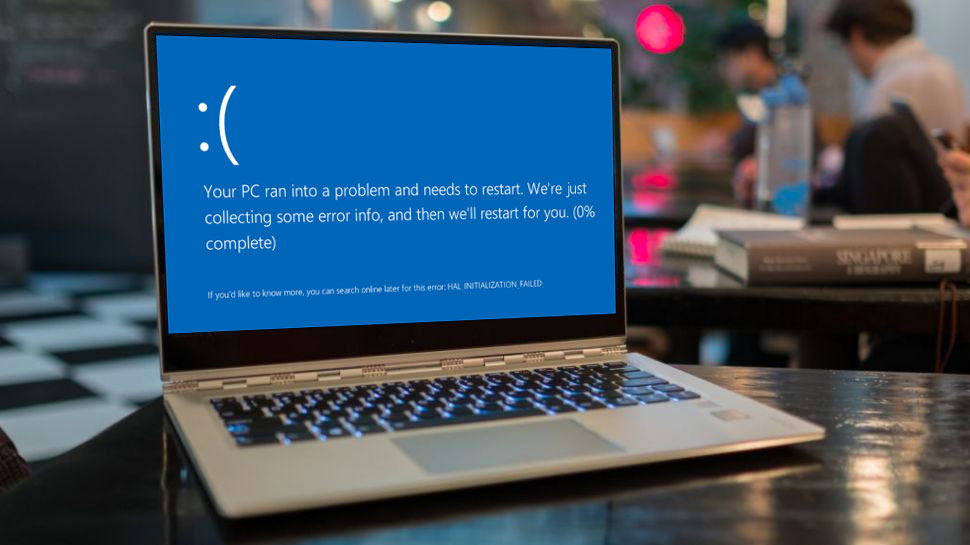
The Windows ‘blue screen of death’ or BSOD, is a frustration most people are all too familiar with.
The scale of the problem is illustrated in new research from Nexthink which claims even under normal circumstances, 1 in 200 devices suffer from the error – and this rose to 1 in 10 after the recent Crowdstrike outage.
The analysis found significant differences from one industry to another, with Tech (unsurprisingly) leading the way with over 15% of devices facing the issue monthly. Healthcare and retail services were observed to suffer the least, with 10% and 8% respectively.
Reducing the risks
These errors are costly and resource intensive with even the shortest interruptions taking between 0-15 minutes, and with 30% of employees needing IT assistance to help resolve BSOD incidents. However, Nexthink concluded that by using preventative measures, these incidents could be halved. Pre-empting problem areas and taking action before errors hit could help organizations limit the BSOD incidents to 1 in 400.
“Unfortunately, although the majority of these crashes are avoidable, most businesses simply don’t have the tools needed to preemptively identify the problem and take action,” noted Gaurang Ganatra, Product Marketing Director at Nexthink.
“Most don’t even know which devices are functioning properly right now, never mind which ones are liable to BSOD in the future”
For businesses to switch from reactive tickets handling to a proactive approach, identifying weaknesses in IT systems is key.
The research noted nine core drivers of BSOD errors, with problematic hardware models, poorly managed Windows updates, and misconfigured graphic card, network, or audio drivers topping the list.
Ganatra recommends businesses give their IT departments the ability to generate insights in order to ‘make data-driven decisions that can reduce costs, relieve employee stress, and increase productivity’.




















+ There are no comments
Add yours